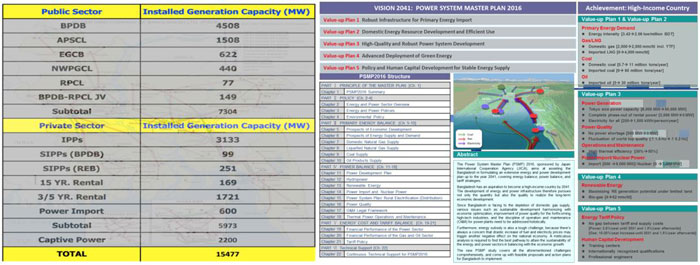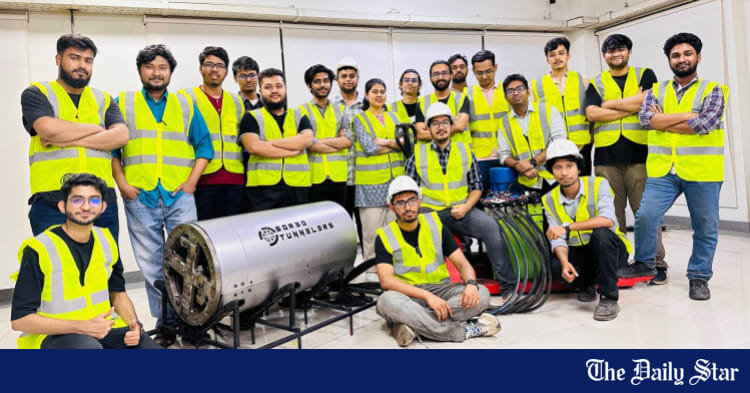Saif
Senior Member
- Messages
- 14,546
- Reaction score
- 7,590
- Origin

- Residence

- Axis Group

Repair and Manufacturing of Coaches and Machinery for Railways at Saidpur Railway Factory:
Follow along with the video below to see how to install our site as a web app on your home screen.

Note: this_feature_currently_requires_accessing_site_using_safari














The Bangladesh Textile Mills Association’s Sr. Certification Officer Ali Ahmad said, “Every year we are importing capital machinery of about 30 billion dollar from different countries for different sectors and demand of the capital machinery are increasing day by day. The heavy industrialization isn’t possible in Bangladesh because our main problem is that we have no basic raw materials like Iron”.
Loading...